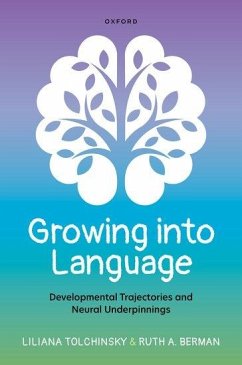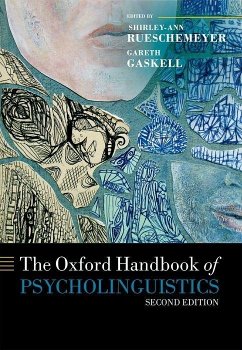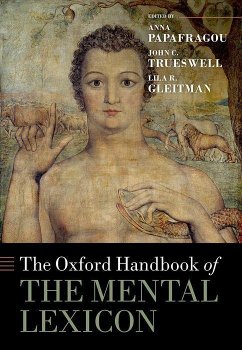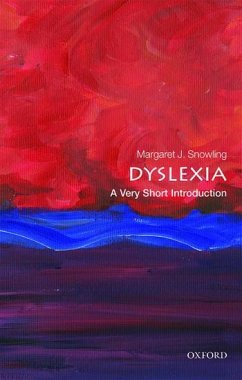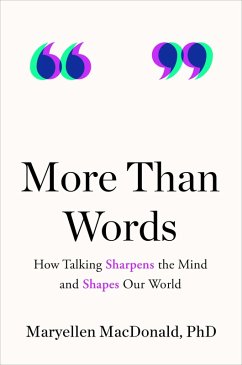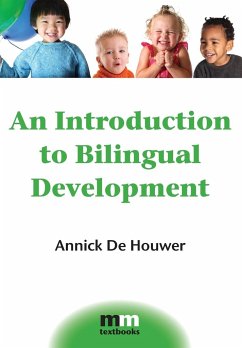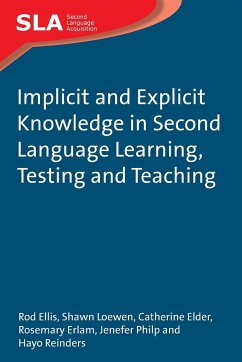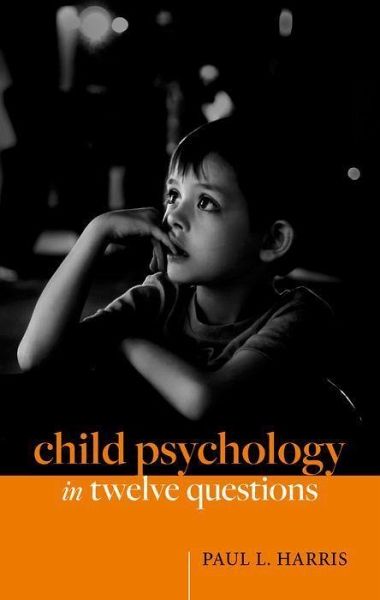
Child Psychology in Twelve Questions
Versandkostenfrei!
Versandfertig in 2-4 Wochen

PAYBACK Punkte
20 °P sammeln!




This book explores some of the enduring questions in developmental psychology. Paul Harris shows why these questions are important, proposes likely answers, and explains the uncertainties that persist.
Paul L. Harris is a developmental psychologist with interests in the development of cognition, emotion, and imagination. After studying psychology at Sussex and Oxford, he taught at the University of Lancaster, the Free University of Amsterdam, and the London School of Economics. In 1980, he moved to Oxford where he became Professor of Developmental Psychology and Fellow of St John's College. In 2001, he migrated to Harvard University where he teaches developmental psychology in the Graduate School of Education. He is a fellow of the British Academy and the American Academy of Arts and Sciences. His book Trusting What You're Told: How Children Learn from Others (Harvard University Press, 2012) won the Cognitive Development Society Book Award in 2013 and the Eleanor Maccoby Book Award from the American Psychological Association in 2014.
Produktdetails
- Verlag: Oxford University Press
- Seitenzahl: 264
- Erscheinungstermin: 28. Oktober 2022
- Englisch
- Abmessung: 225mm x 147mm x 25mm
- Gewicht: 466g
- ISBN-13: 9780192866509
- ISBN-10: 0192866508
- Artikelnr.: 63623247
Herstellerkennzeichnung
Libri GmbH
Europaallee 1
36244 Bad Hersfeld
gpsr@libri.de
Für dieses Produkt wurde noch keine Bewertung abgegeben. Wir würden uns sehr freuen, wenn du die erste Bewertung schreibst!
Eine Bewertung schreiben
Eine Bewertung schreiben
Andere Kunden interessierten sich für


